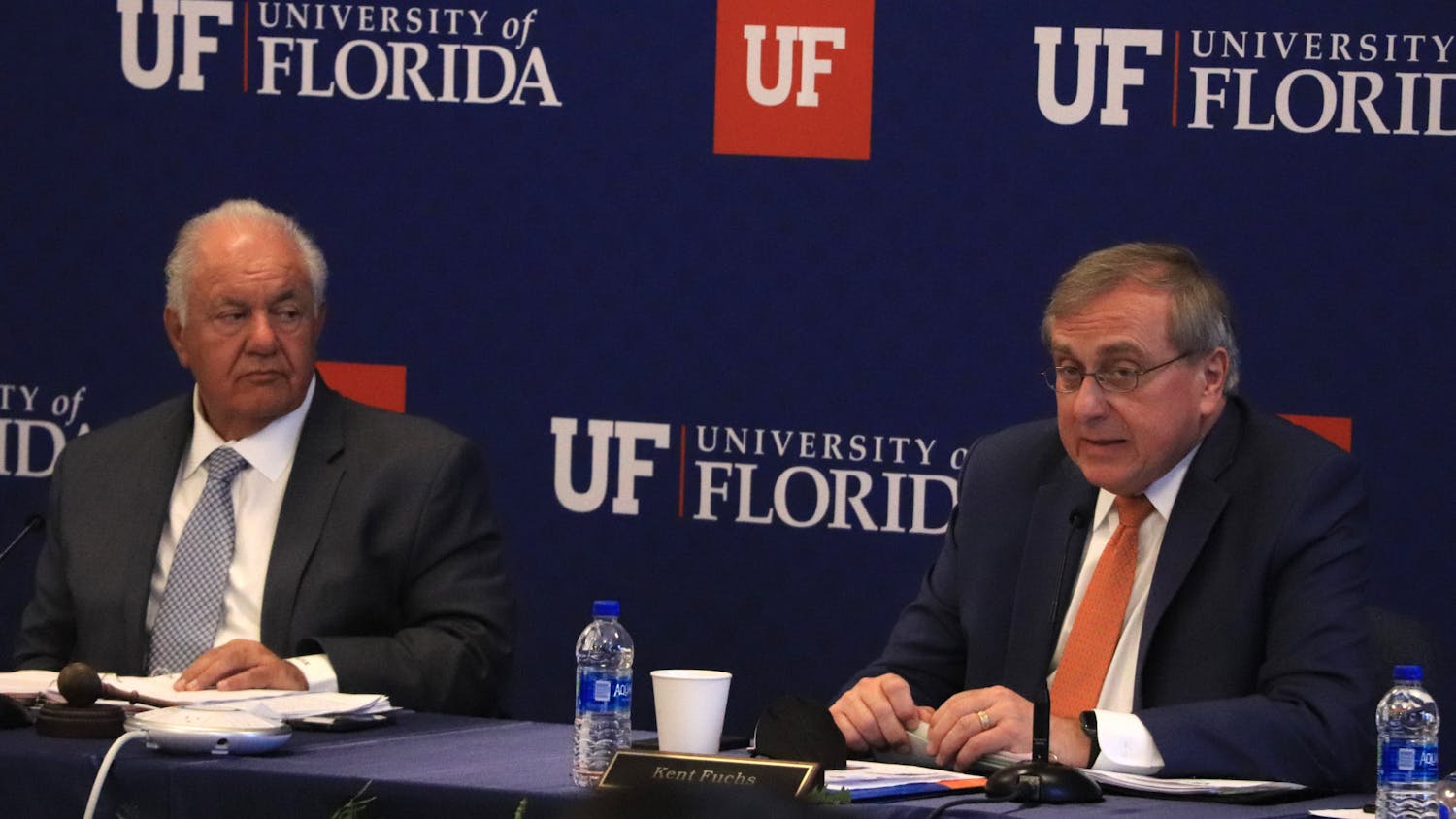It seems established in our common knowledge that comedy is tragedy plus time. This applies to what happened in Charlottesville, Virginia, as well as what is to come of Richard Spencer’s visit to UF on Thursday. The initial cancellation of Spencer’s event is not an attack on freedom of speech,but actually championing the matter.
Our right to freedom of speech does not exist in absolute terms. We need a supporting environment in order to have the presumption of innocence or freedom of assembly, to give just two examples. Of course, being able to distinguish between the abuse or the simple exercise of a right is the job of an intellectual. In addition, it is important to see the comedy in the tragic behavior of some of the people who share the same space with us in order to live in true democracies and not just in representative republics.
Freedom of speech and assembly is one of the fundamental rights in nontotalitarian societies. There is, however, a catch on that. As the Spanish judge Elpidio José Silva said in May, talking about another fundamental right as the presumption of innocence, in order to uphold such a right, you need a convenient environment to make it flourish. In other words, we need a proper way to prove to our fellow citizens they are truly innocent through, for example, a fair court. The same, I consider, applies to freedom of speech. If we allow certain groups of people to use those rights with trickery, or as something you can use against others, we are losing what those rights represent; we are escaping from them.
The only way to confront the important issue of social survival is through intellectuality. As Ibram Kendi, the winner of the 2016 National Book Award, said in his speech during the December 2016 UF graduation ceremony, “It is so embarrassing, but there are doctorates who are not intellectuals. Just like there are M.D.s who are not healers.” I connected that moment with one of my favorite scenes from Spanish cinema: A peasant tells another he has been thinking about becoming an intellectual since he has nothing to lose. It is true, self-reflection and the desire of knowing and changing the world are not a choice, but a duty; a tragic duty that slowly becomes a comedy when you realize it is the right thing to do.
Comedy is tragedy plus time, but there is no general rule about how long we have to wait for a good laugh. I like to believe the case with the white supremacist is just the one we need to finally come out with a good joke. Being intolerant toward the intolerants is a necessary paradox that is not funny anymore. Maybe that is why we are losing the battle for our rights, because we are taking them too seriously under the form of ridiculous postures of impotence nostalgia within a shell of undeserved privilege.
Denying an intolerant spokesman to talk about intolerance at an educational institution, and feeling confused about whether it is good or bad, makes you somebody with serious problems to solve in terms of defending your rights. We cannot let the tragedies of today engulf us in a never-ending agree-to-disagree moment because, at least, this is just a form of laziness; and, at worst, it is a collective suicide. Seeing the comedy within tragedy is not an easy job, but it is the only way to at least gather enough courage to keep going. Who knows, maybe the next time you confront the political views of somebody else you will be able to recognize the difference that sometimes does not exist between a neo-Nazi skinhead and an average bald guy.
Francesc Morales is a UF doctoral student in the Department of Spanish and Portuguese Studies.





